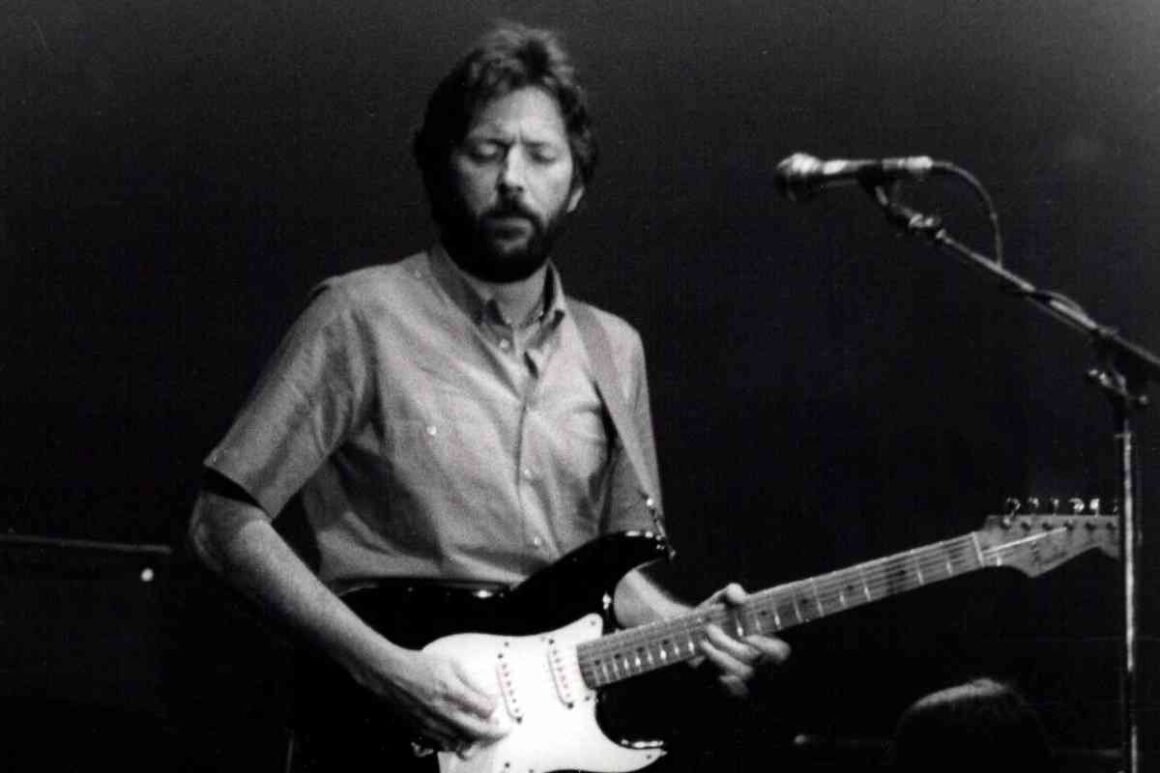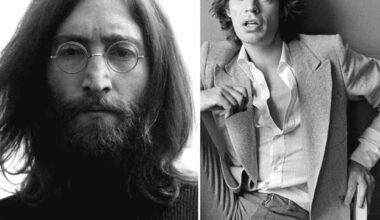For most musicians, revisiting older material is far from appealing. Music is often about moving forward, evolving, and exploring new creative avenues.
The idea of revisiting past work can bring discomfort, especially when glaring mistakes or technical flaws from earlier recordings become evident.
Eric Clapton, despite his legendary status, is no exception to this.
Throughout his career, he rarely revisited his past albums, and he was particularly reluctant to return to one of Cream’s most acclaimed works.
Breaking Away from The Yardbirds: Clapton’s Quest for Creative Freedom
Clapton’s decision to leave The Yardbirds was rooted in his desire to break free from conventional blues.
While he appreciated the genre, he longed for something more. Teaming up with Ginger Baker and Jack Bruce in Cream gave him the creative environment he sought.
The trio had a remarkable chemistry, with each member pushing the other to explore new sonic landscapes.
Together, they transcended the limitations of traditional blues and created music that was fresh, exciting, and constantly evolving.
From Fresh Cream to Disraeli Gears: A Band Expanding Its Horizons
Cream’s debut album, Fresh Cream, showcased the band’s potential, but it was their sophomore effort, Disraeli Gears, that truly set them apart from other blues acts of the time.
This album was a genre-defying masterpiece, blending psychedelia, pop, blues, and experimental sounds that didn’t even have names yet.
Tracks like “We’re Going Wrong” and the humorous closer “Mother’s Lament” exemplified their adventurous spirit.
With Disraeli Gears, Cream proved that they were more than just another blues band—they were pioneers of a new musical era.
The Dual Nature of Wheels of Fire: Studio Brilliance and Live Chaos
Following the success of Disraeli Gears, Cream needed to prove themselves both in the studio and as a live act.
Their third album, Wheels of Fire, combined studio tracks with live recordings, showcasing the band’s ability to excel in both settings.
While it may not be the ideal starting point for new Cream fans, Wheels of Fire contains some of their most iconic songs.
“White Room” stands as one of the greatest hard rock tracks of the 1960s, and their live version of “Crossroads” became a defining moment in blues-rock history.
Despite the album’s critical and commercial success, Clapton has long been dismissive of it.
Clapton’s Surprising Disdain for Wheels of Fire and “Crossroads”
Despite its place in rock history, Clapton has expressed little interest in Wheels of Fire and, in particular, the fan-favorite “Crossroads.”
In a candid interview with MusicRadar, Clapton admitted, “I don’t think about it at all [laughs]. I certainly put that one to bed quickly!
I actually have about zero tolerance for most of my old material. Especially ‘Crossroads’.
The popularity of that song with Cream has always been mystifying to me. I don’t think it’s very good.”
For many fans, this statement might come as a shock. “Crossroads” is revered for its raw energy and chaotic brilliance, qualities that make it a standout in the Cream catalog.
Clapton’s indifference toward one of his most celebrated performances may seem puzzling, but it reflects his evolving perspective on music and his own legacy.
A New Direction: Clapton’s Shift in Sound After Cream
As Clapton’s career progressed, his musical style shifted. By the time Cream and Derek and the Dominos had disbanded, Clapton’s focus had moved toward a more mellow, introspective sound.
Albums like 461 Ocean Boulevard marked a departure from the fiery, blues-rock style of his earlier work. Though the magic of his guitar playing remained, it was presented in a more subdued, refined manner.
Ultimately, Clapton’s reluctance to revisit his past work, especially his time with Cream, reveals an artist more interested in his future than his legacy.
While fans may continue to celebrate songs like “Crossroads” and albums like Wheels of Fire, Clapton seems content to leave them in the past, focusing instead on the music that resonates with him today.








